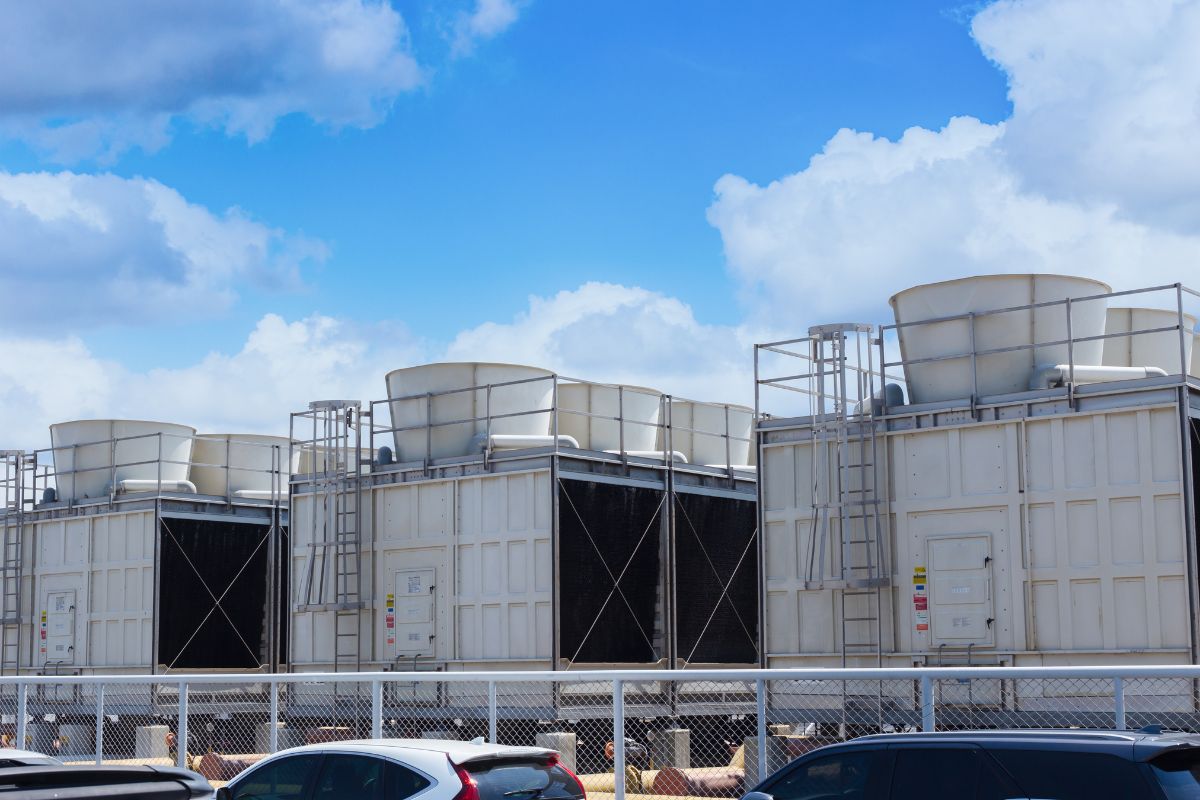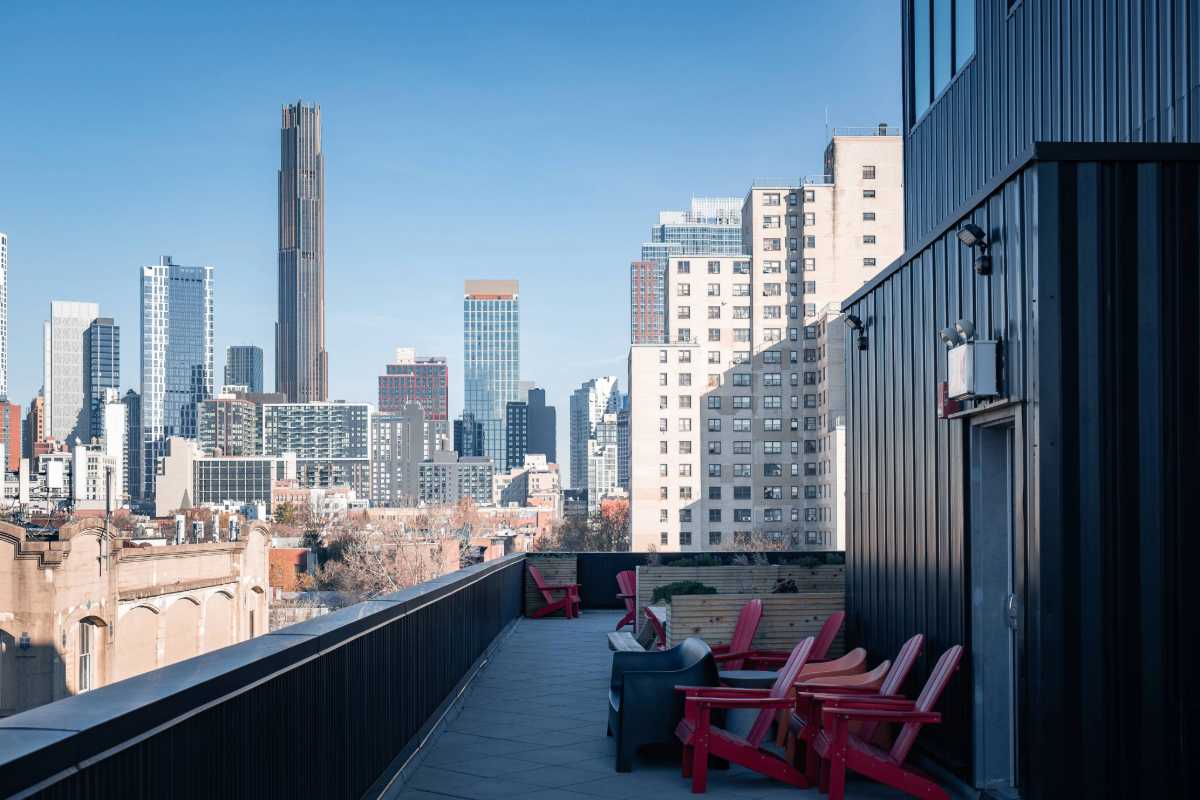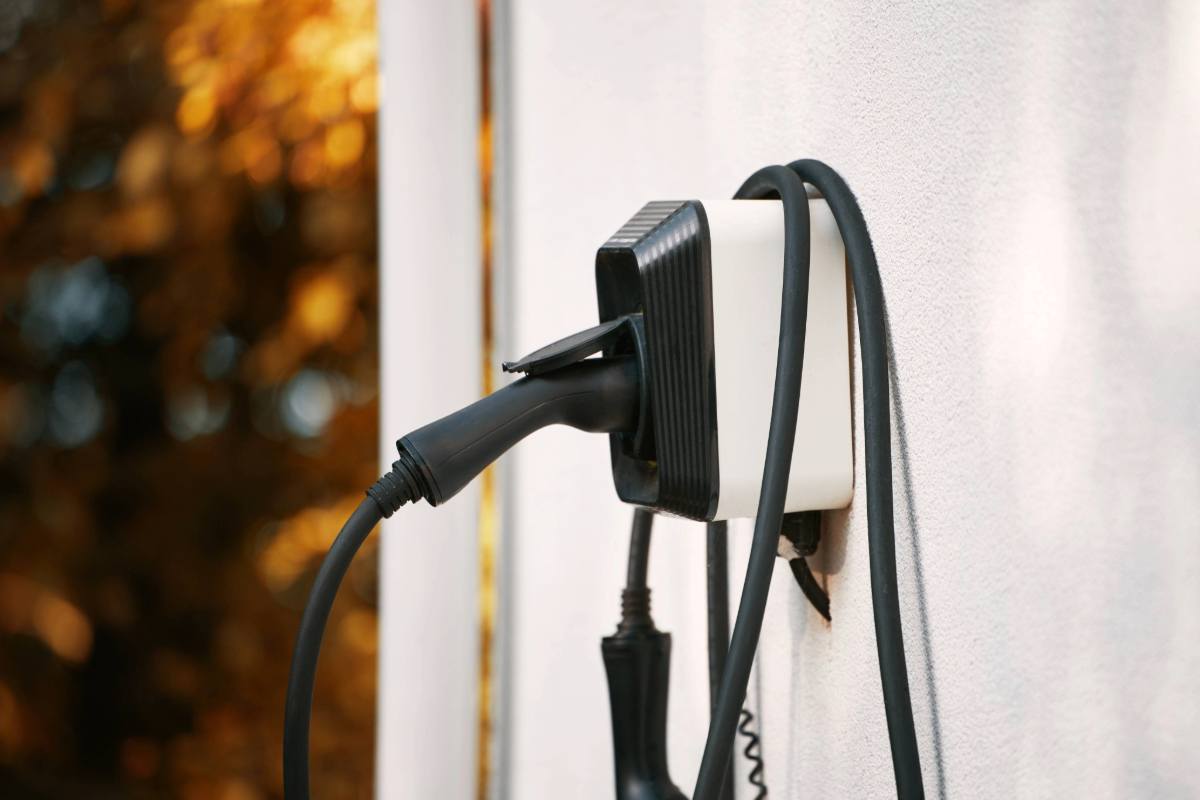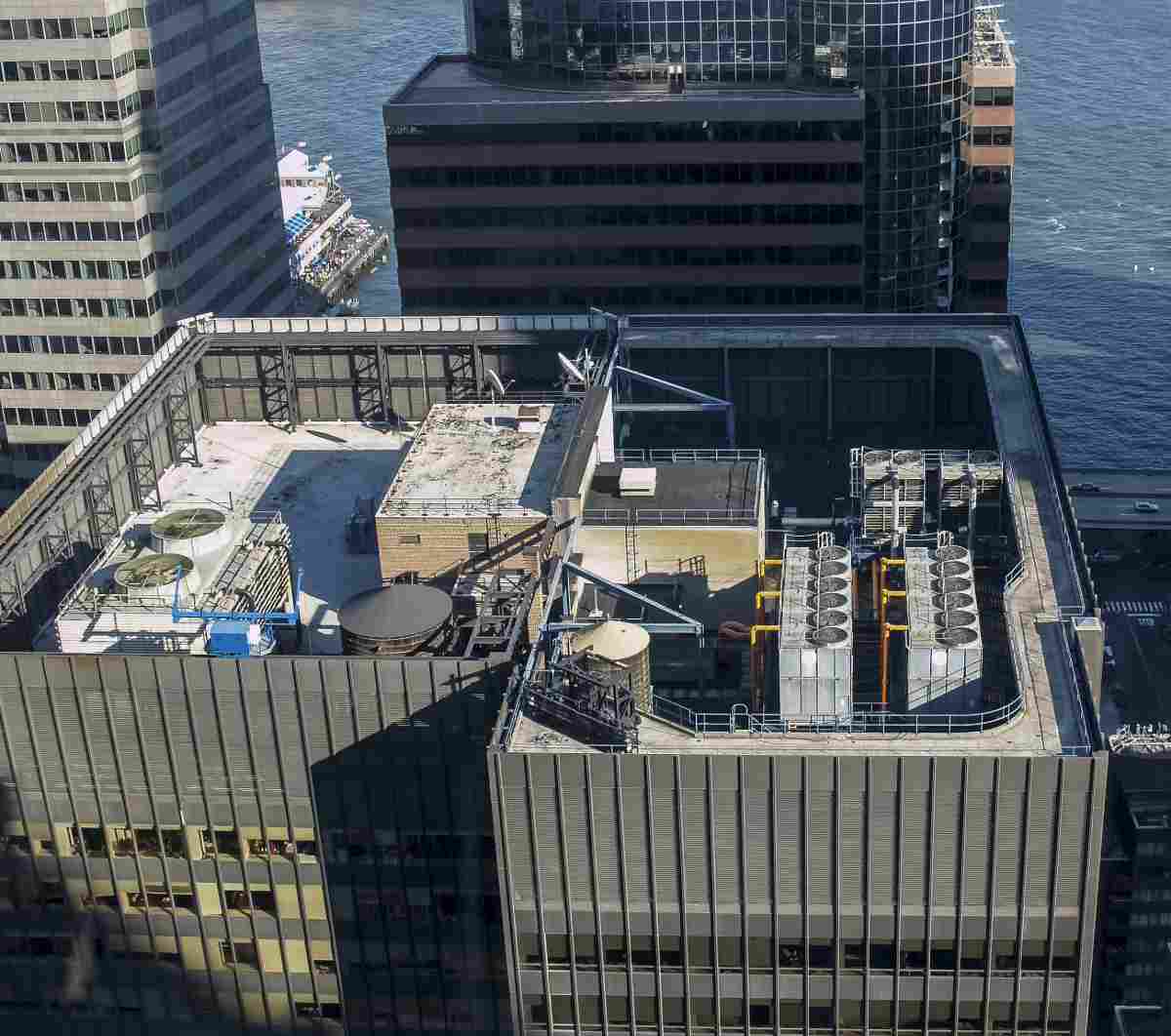SUMMARY: HVAC systems play a vital but often overlooked role in fire safety, particularly in cities like New York where strict building codes demand compliance. From smoke control to automatic shutdown protocols and fire dampers, a properly designed and maintained HVAC system helps prevent fire spread and protects building occupants. Air Ideal offers expert guidance, maintenance, and code-compliant solutions to ensure HVAC systems support both comfort and life-saving fire safety measures.
—
When it comes to fire safety in commercial and high-end residential buildings, HVAC systems often remain in the background until they become the front line of defense. In New York City, where building codes are some of the most rigorous in the country, a well-designed and properly maintained HVAC system is essential not only for comfort and efficiency but also for protecting lives and minimizing liability during emergencies.
At Air Ideal, we understand that HVAC is more than heating and cooling — it’s a cornerstone of fire safety compliance. With nearly a century of experience serving the NY Metro and Long Island areas, our team brings a deep understanding of how HVAC systems must be integrated with fire protection measures to ensure compliance with building codes and keep occupants safe.
HVAC and Fire Safety: More Than Meets the Eye
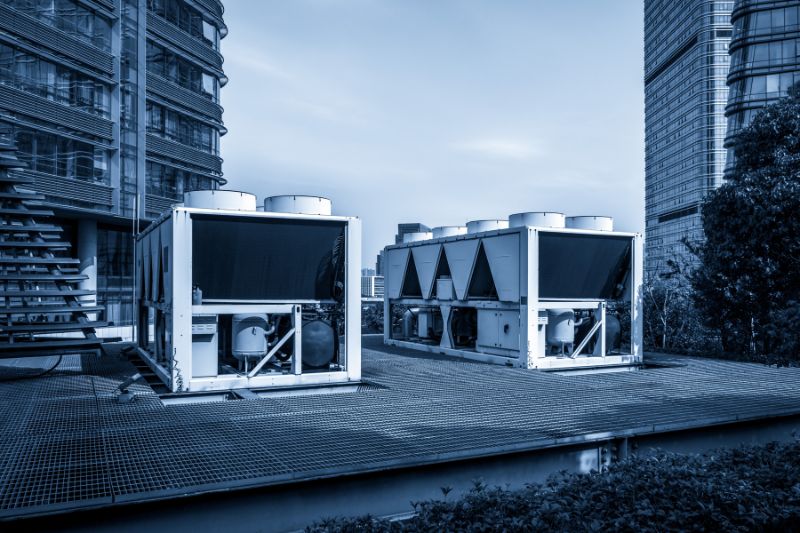
HVAC systems can play a significant role in either helping or hindering fire containment. Without proper safeguards, these systems may circulate smoke throughout a building, escalate fire spread through ductwork, or fail to isolate certain areas. That’s why modern building codes in NYC and beyond require HVAC installations to follow specific fire safety protocols.
Some of the key functions of HVAC in fire safety include:
- Smoke Control Systems: Designed to prevent the spread of smoke, these systems use pressurization and exhaust techniques to keep escape routes, stairwells, and designated safe areas smoke-free during a fire.
- Automatic Shutdown Protocols: HVAC systems are required to automatically shut down in certain fire conditions to prevent fueling flames with oxygen or spreading contaminants.
- Fire Dampers and Smoke Dampers: Installed within the ductwork, these devices are designed to automatically close upon detection of heat or smoke, effectively containing the fire to one area.
- Integration with Fire Alarm Systems: HVAC systems must be able to respond to fire alarms and work in coordination with sprinklers, smoke detectors, and building management systems.
When HVAC systems are installed or retrofitted without regard to these critical features, a building is not only at risk of non-compliance with NYC building codes, but it may be putting lives at risk.
UNDERSTANDING THE IMPORTANCE OF COMBUSTION TESTING
Navigating NYC Building Codes and Regulations
New York City’s fire safety and building codes are among the strictest in the nation, and for good reason. With dense urban environments and high-rise structures, the potential for fire-related catastrophe is heightened. The NYC Mechanical Code, along with the Fire Code and Building Code, outlines specific requirements for HVAC systems, especially in commercial buildings, hospitals, schools, and high-occupancy dwellings.
Some of these regulations include:
- Mandatory testing and inspection of fire/smoke dampers
- Compliance with UL 555 standards for damper performance
- Installation of smoke control systems in buildings over a certain height
- Regular inspection and maintenance schedules to ensure operational readiness
- Documentation of fire-stopping and sealing at duct penetrations through fire-rated assemblies
Failure to adhere to these requirements can result in fines, failed inspections, insurance issues, or worse, loss of life during an emergency. Facility managers and building owners must take a proactive role in ensuring their HVAC systems meet all applicable fire safety standards.
Inspection Readiness: A Preventative Mindset
Whether you’re undergoing an FDNY inspection or preparing for your building’s annual fire safety audit, your HVAC system needs to be up to code. This means more than just checking filters and thermostats — it involves:
- Documentation: Keep accurate records of HVAC inspections, damper testing, and fire safety upgrades.
- Preventative Maintenance: Regular servicing ensures critical components like dampers, fans, and control panels function properly when it counts.
- Code Compliance Reviews: Partner with HVAC contractors who are familiar with NYC regulations and can verify your systems meet the latest codes.
- System Upgrades: If your building has legacy HVAC equipment, consider modernizing it to improve safety and efficiency.
At Air Ideal, we offer customized maintenance programs that not only extend the life of your equipment but also ensure compliance with evolving fire safety and building codes. Our factory-certified technicians are trained to identify risks and recommend cost-effective solutions that meet legal requirements.
TRANSITIONING FROM FOSSIL FUELS TO RENEWABLE ENERGY SOURCES
Why Choose Air Ideal for HVAC and Fire Safety Compliance
As a family-owned business with roots dating back to 1927, Air Ideal combines tradition with innovation. Our team brings over 100 years of combined experience in HVAC design, engineering, and installation across NYC’s most demanding commercial and residential environments.
We’re proud recipients of the ACCA Contractor of the Year award and have been recognized for our commitment to excellence, safety, and customer service. Whether you’re overseeing a high-rise in Manhattan or a boutique retail space in Long Island, we bring the technical expertise and code knowledge to keep your building compliant and your occupants protected.
In addition, our status as a Certified Minority-Owned Business Enterprise (MBE) reflects our dedication to inclusive leadership and community investment.
Don’t Overlook the Link Between HVAC and Fire Safety
In today’s regulatory landscape, HVAC systems are no longer optional add-ons — they’re mission-critical infrastructure that must be designed and maintained with fire safety at the forefront. By ensuring your HVAC setup meets NYC’s building codes, you’re not only avoiding costly violations, you’re safeguarding lives.
Let Air Ideal help you build a safer, more compliant future. Contact us today to schedule an HVAC system evaluation.
